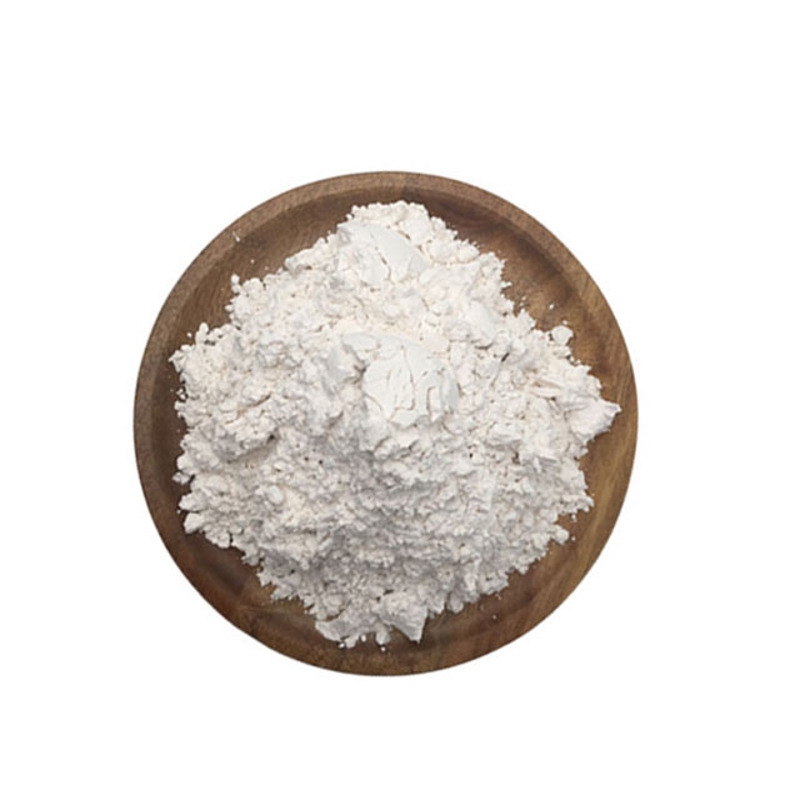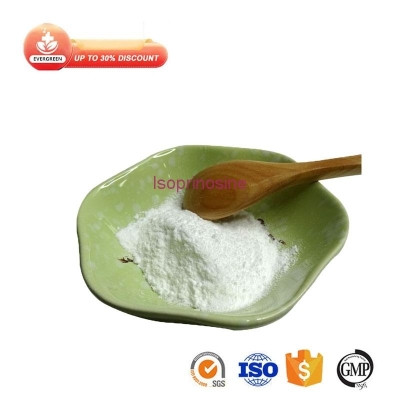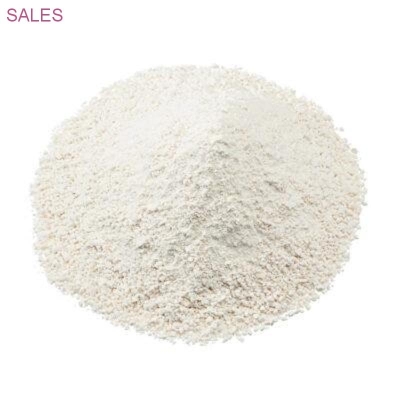-
Categories
-
Pharmaceutical Intermediates
-
Active Pharmaceutical Ingredients
-
Food Additives
- Industrial Coatings
- Agrochemicals
- Dyes and Pigments
- Surfactant
- Flavors and Fragrances
- Chemical Reagents
- Catalyst and Auxiliary
- Natural Products
- Inorganic Chemistry
-
Organic Chemistry
-
Biochemical Engineering
- Analytical Chemistry
- Cosmetic Ingredient
-
Pharmaceutical Intermediates
Promotion
ECHEMI Mall
Wholesale
Weekly Price
Exhibition
News
-
Trade Service
August 18, 2020 /--- In a new study, researchers from Stanford University, Emory University and the University of Hong Kong in China and the Hong Kong Hospital Authority found that in severe COVID-19 patients, "first responders" immune cells that respond immediately to signs of viruses or bacteria in the body are slow to respond.
results were published online August 11, 2020 in the journal Science under the title "Systems biological assessment of immunity to mild versus severe COVID-19 in humans."
from Science, 2020, doi:10.1126/science.abc6261.
some people are really sick from COVID-19, while others are not.
know why.
now, in this study, the authors found that immunological biases and errors seem to distinguish between severe and mild COVID-19 cases.
difference may stem from how our ancient innary immune system responded to SARS-CoV-2, the coronavirus that causes COVID-19.
innate immune systems in all living organisms, from fruit flies to humans, which quickly sense viruses and other pathogens.
As soon as it becomes aware, it immediately launches an indesomet attack on them and mobilizes more precisely targeted but slow-moving "sharpshooter" cells, which belong to another branch of the body's pathogen defenses--- the adaptive immune system.
"These findings shed light on how the immune system makes mistakes during coronavirus infections that lead to serious diseases and identifies potential therapeutic targets," said Dr. Bali Pulendran, co-author of the paper and professor of pathology and immunology at Stanford University School of Medicine.
the first authors of the paper are Dr. Prabhu Arnunachalam, a postdoctoral scholar at Stanford University, Dr. Florian Wimmers, and Dr. Chris Ka Pun Mok and Dr. Mahen Perera, Assistant Professors of Science at the Public Health Laboratory of the University of Hong Kong.
three potential molecular targets, the authors analyzed the immune responses of 76 COVID-19 patients and 69 healthy people.
they found an increase in the level of molecules promoting inflammation in the blood of critically ill COVID-19 patients.
the three molecules they identified ---EN-RAGE, TNFSF14, and oncostatin-M (cancer protein M, OSM) --- have been shown to be associated with inflammation of the lungs in other diseases, but have not previously been shown in COVID-19 infections.
these three molecules and their subjects may represent attractive therapeutic targets against COVID-19," said Pulendran, a spokesman for the Group.
" his lab is now testing the therapeutic potential of blocking these molecules in COVID-19 animal models.
authors also found elevated levels of bacterial fragments such as bacterial DNA and cell wall material in the blood of patients with severe COVID-19.
fragments of bacteria, the more serious the patient--- the more inflammatory substances circulating in their blood.
These results suggest that in the case of severe COVID-19, bacterial products, usually found only in the intestines, lungs and throat, can enter the bloodstream, triggering increased inflammation and spreading through the circulatory system to various locations.
, the study also reveals a paradoxical fact: As the disease worsens, key cells of the innocular immune system in the blood of COVID-19 patients become increasingly paralyzed.
these normally alert cells are not awakened by the appearance of viruses or bacteria, but remain slow in function.
if high levels of anti-inflammatory molecules in the blood distinguish patients with severe COVID-19 from those with milder conditions, but blood cells do not produce these molecules, where do they come from? Pulendran believes they come from tissues somewhere in the body--- most likely the patient's lungs, the infected area.
one of the mysteries of COVID-19 infection is that some people develop serious diseases, while others seem to recover quickly," said Pulendran, a professor of disease.
now, we have some new insights into why this is happening.
" (bioon.com) Reference: Prabhu S. Arunachalam et al. Systems biological assessment of immunity to mild versus severe COVID-19 in humans. Science, 2020, doi:10.1126/science.abc6261.







